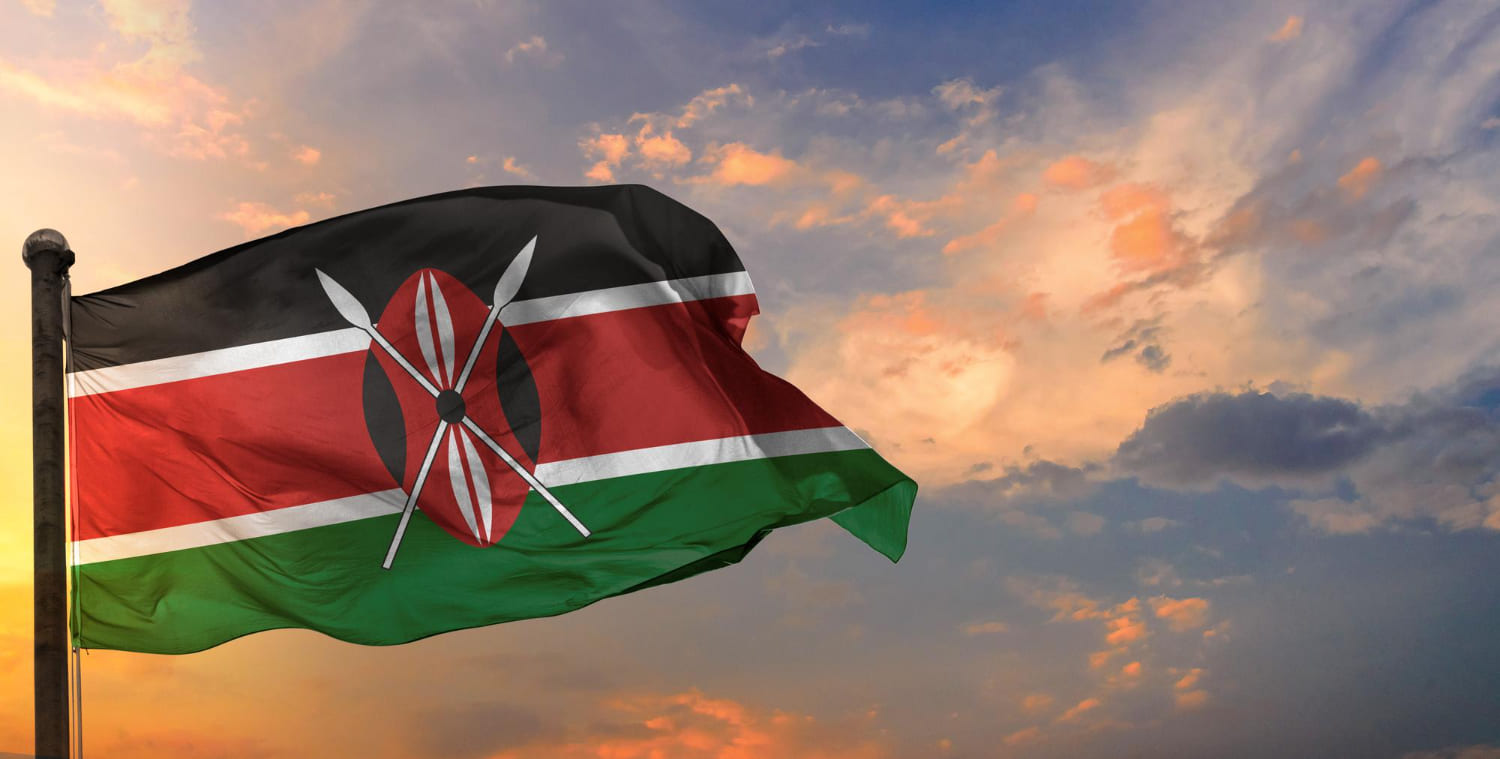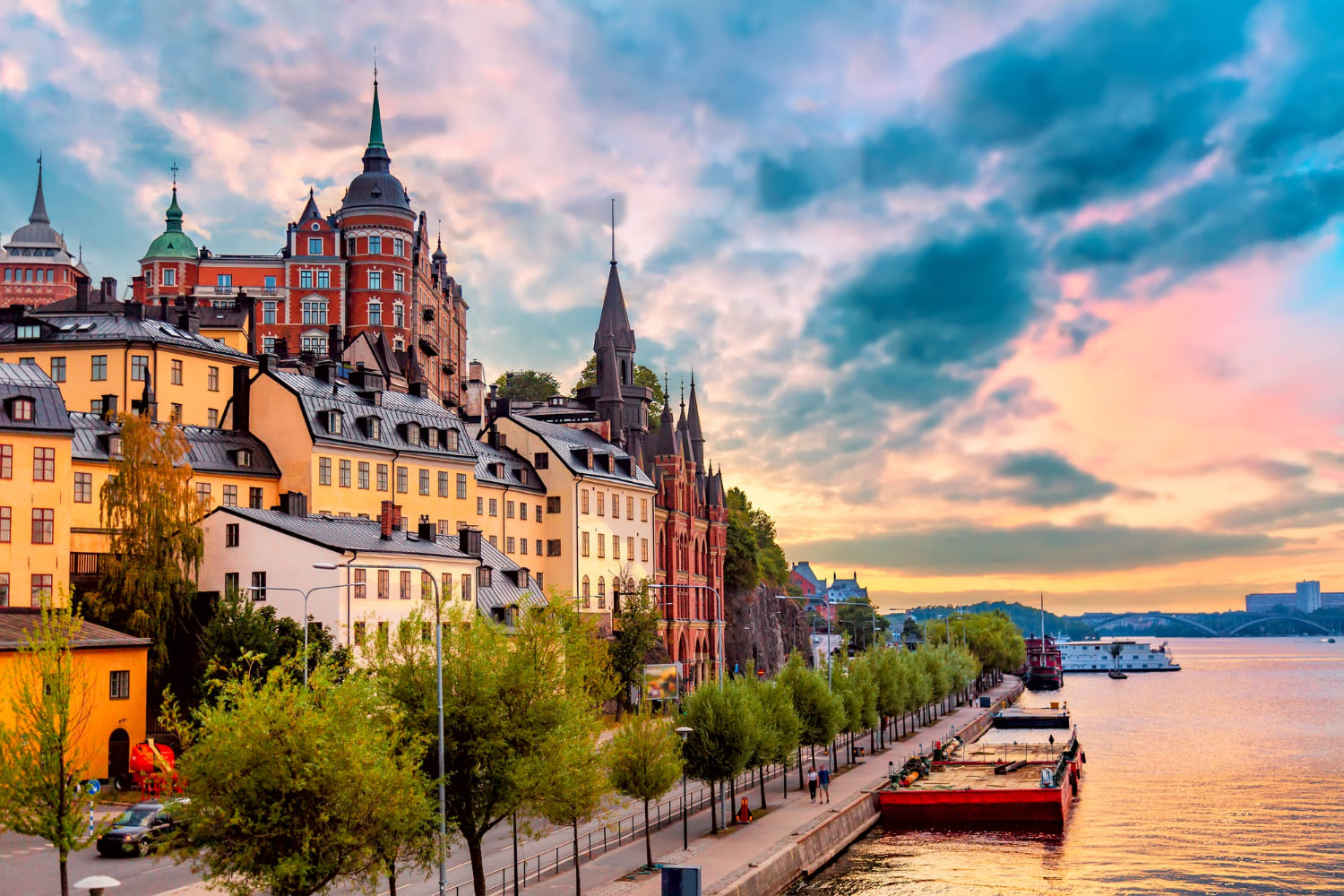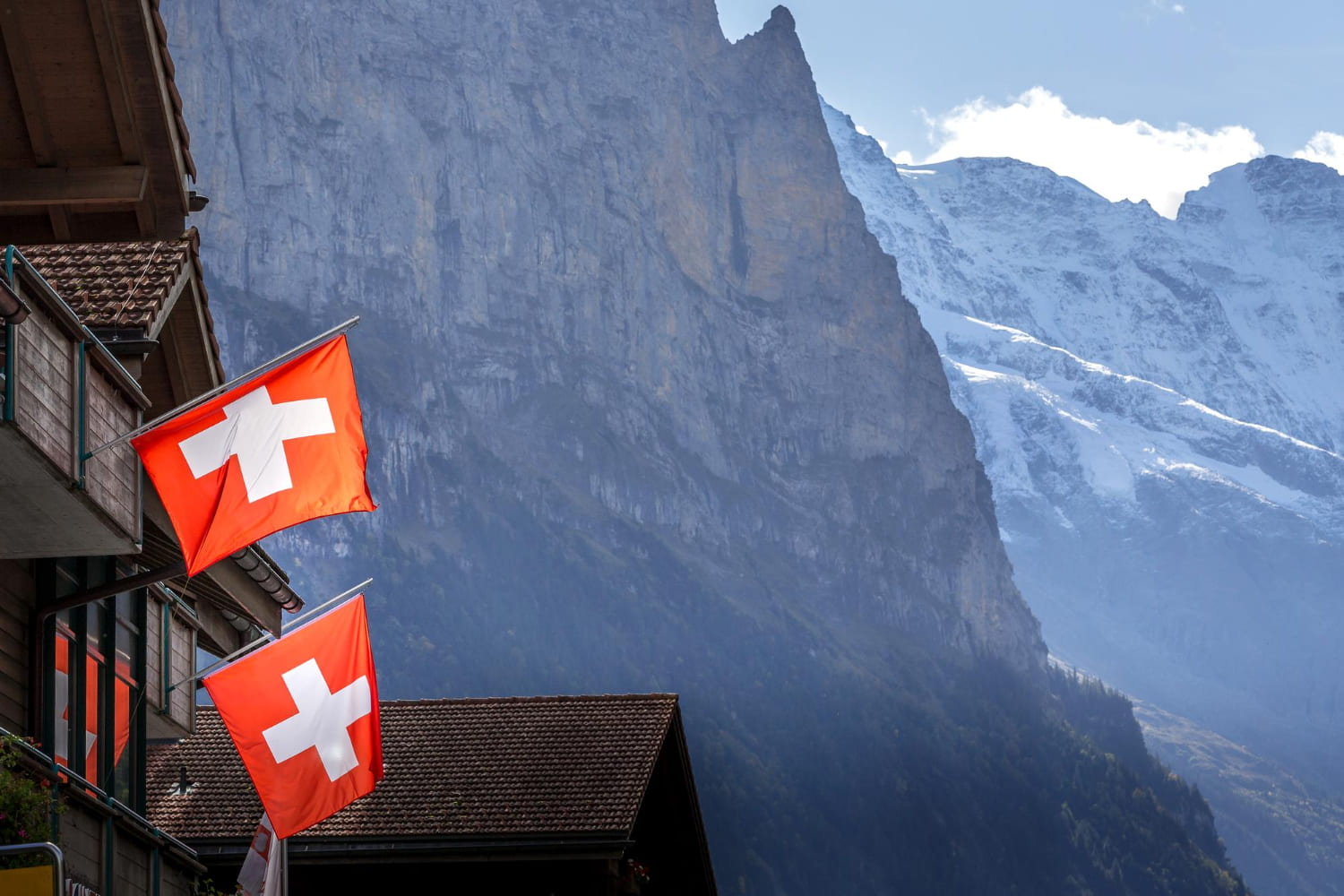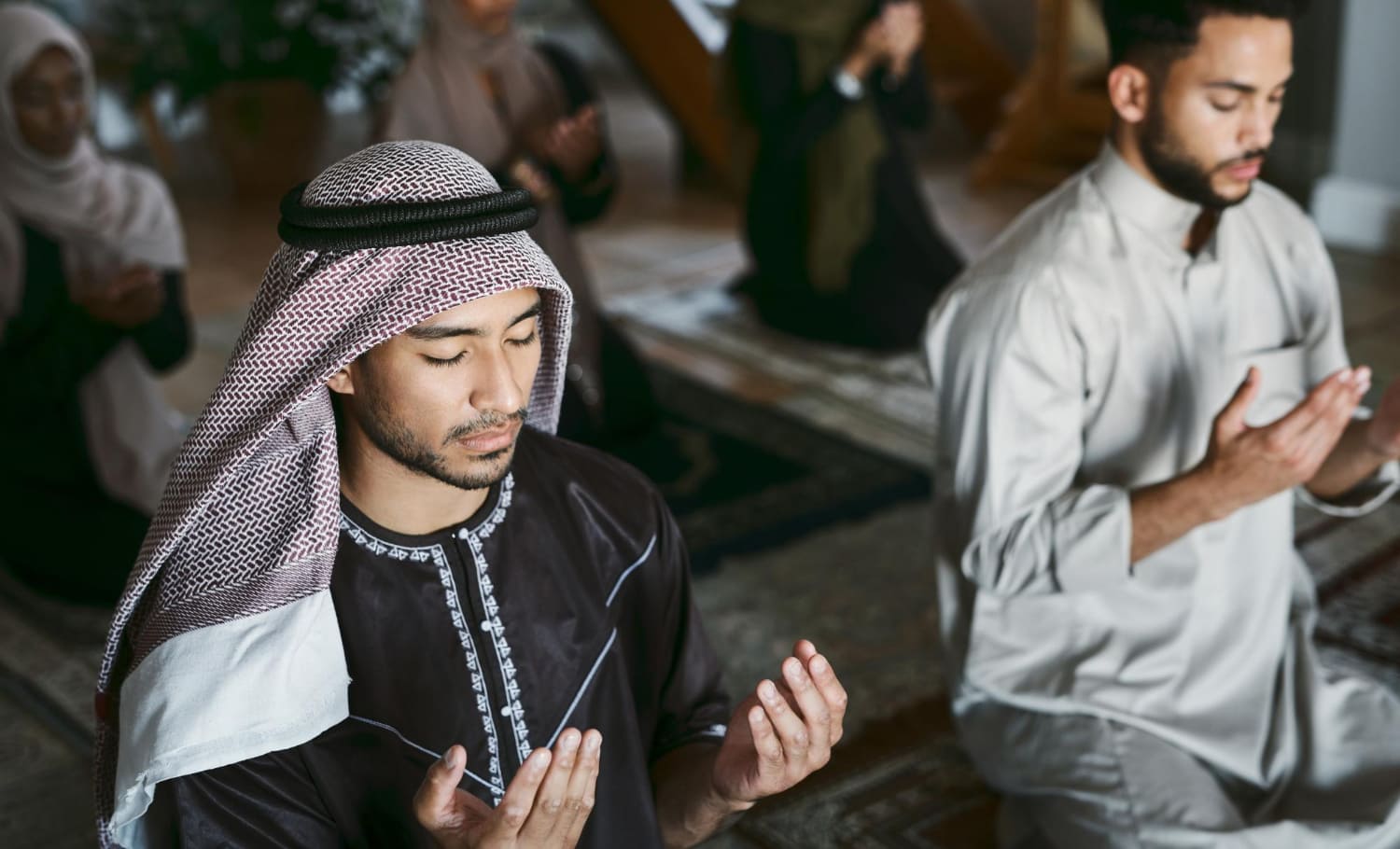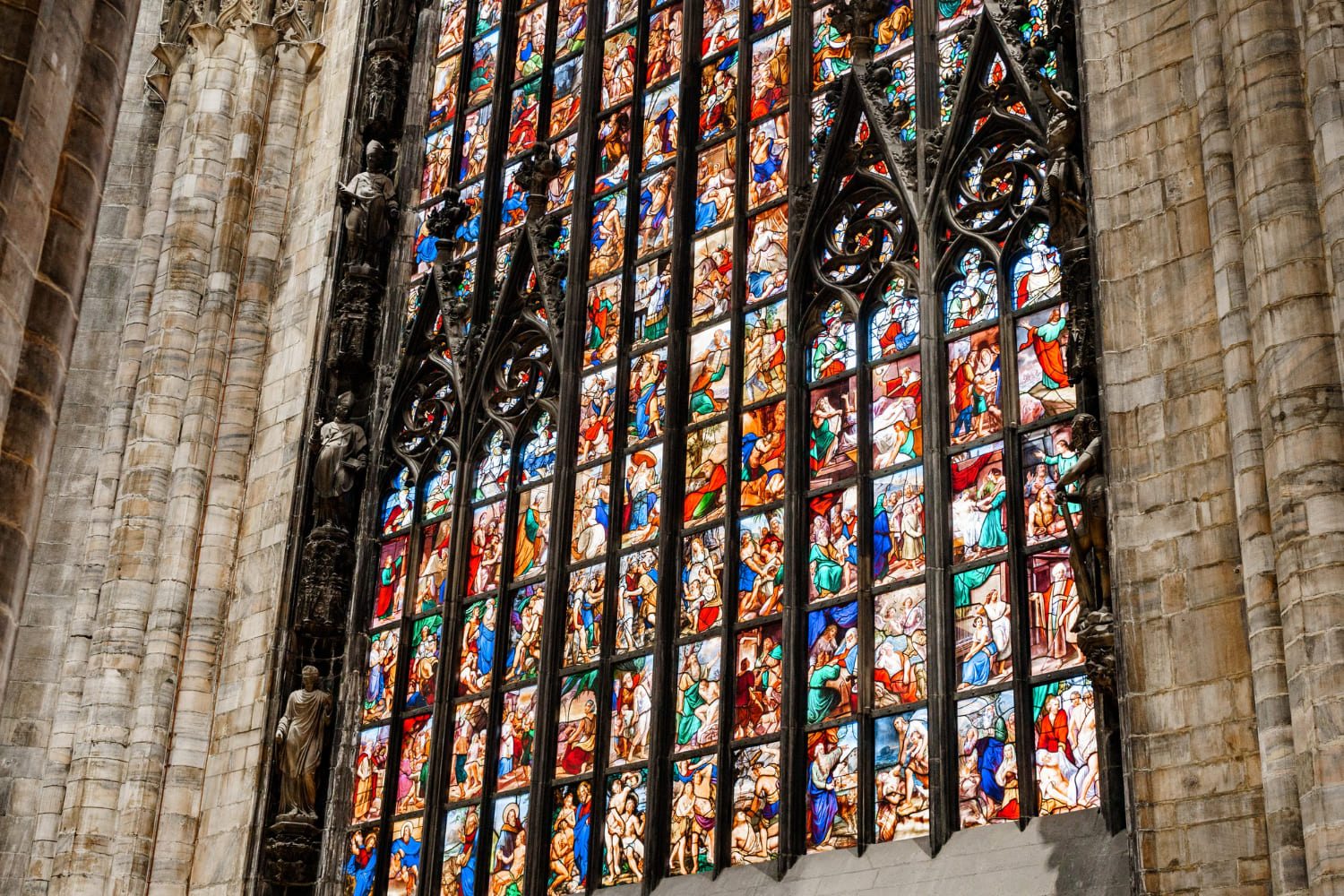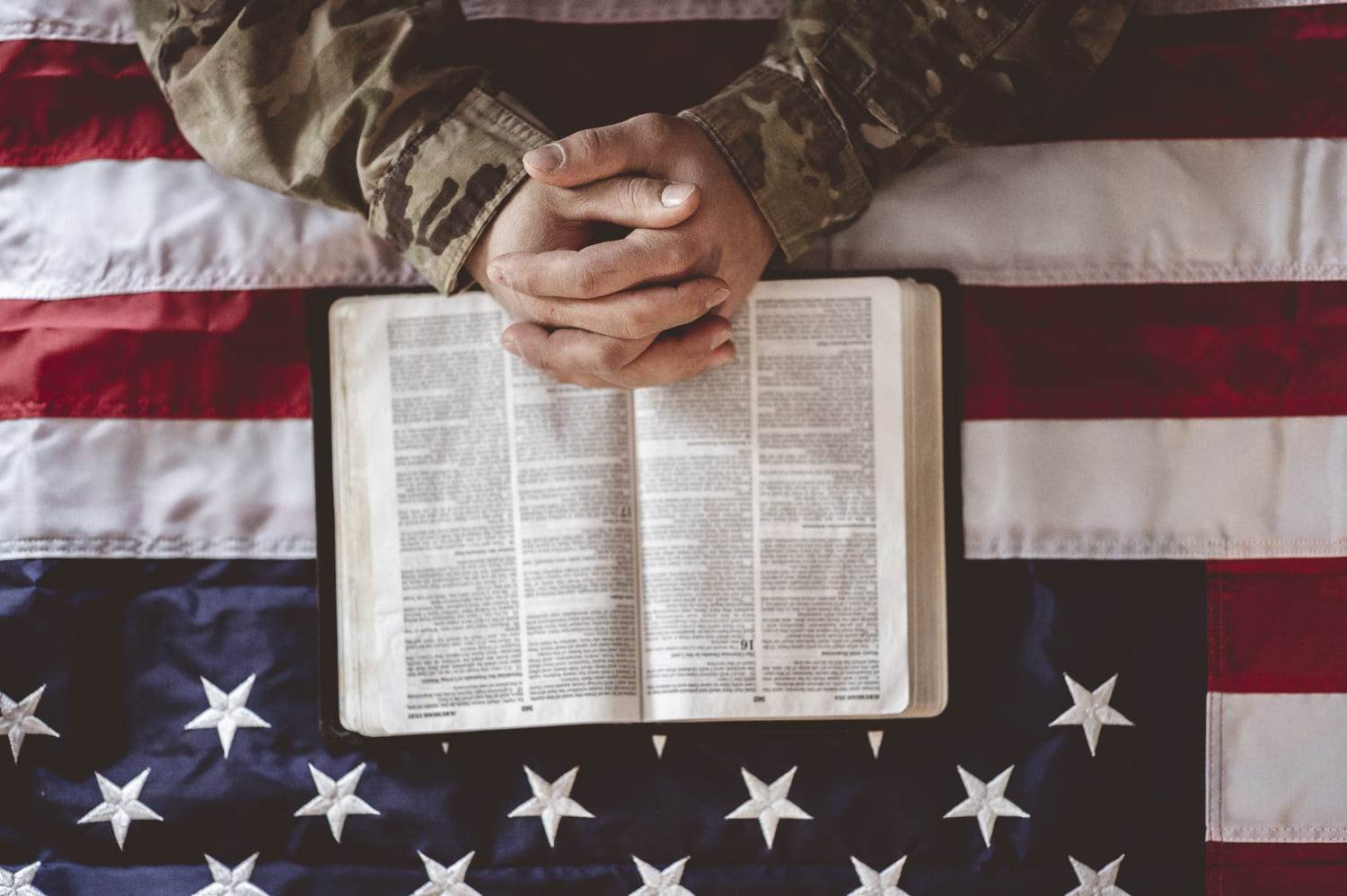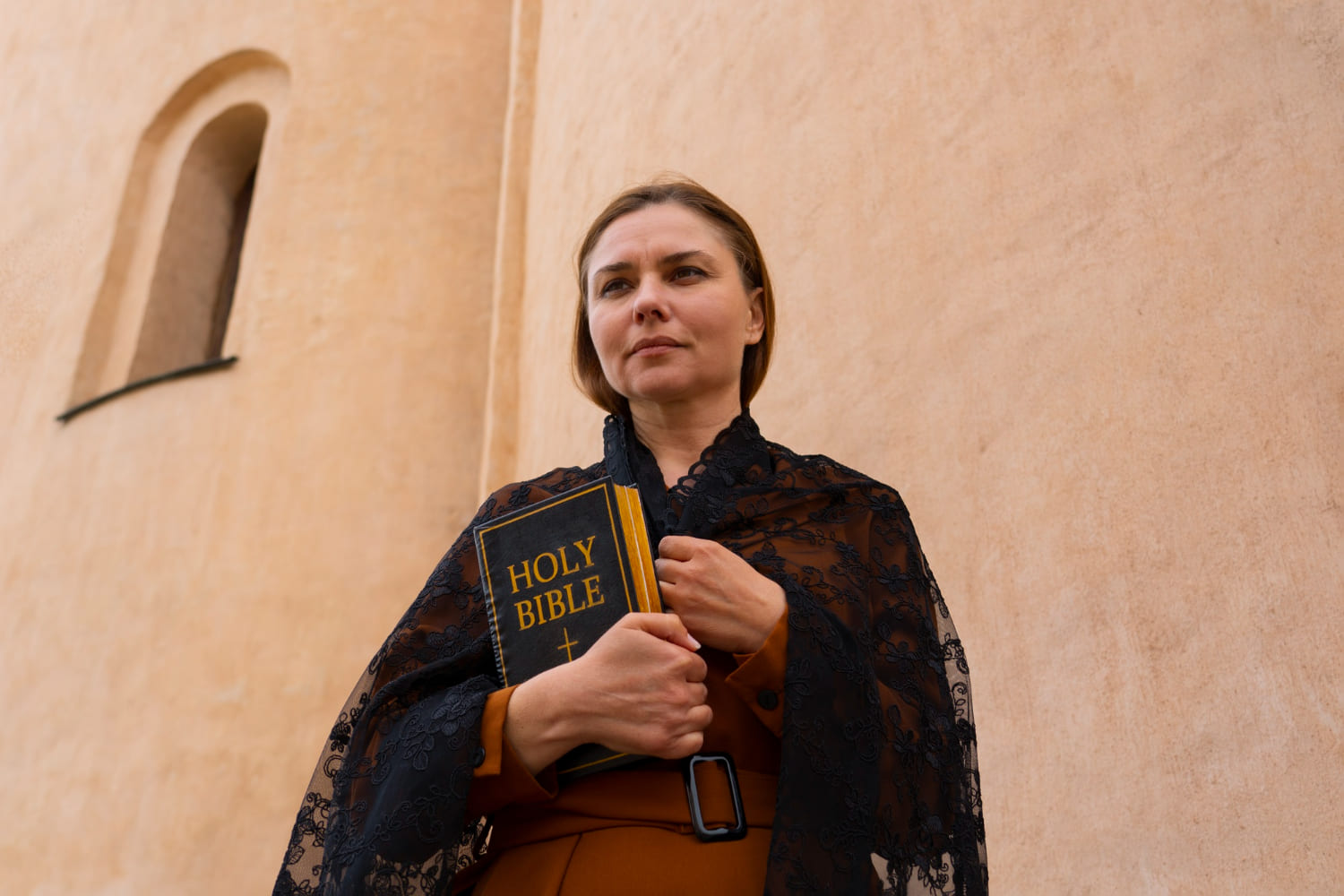Somalia is a country located in the Horn of Africa. It has a population of over 15 million people who are predominantly Muslim.
The official religion of Somalia is Islam, and it is estimated that over 99% of the population practices this religion.
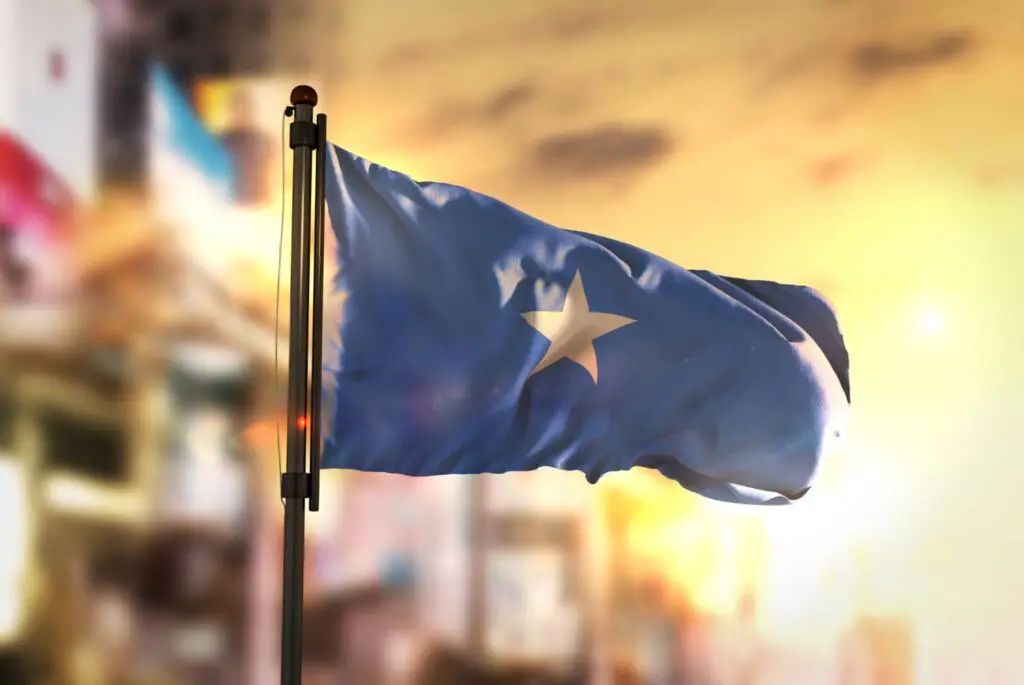
Islam was introduced to Somalia in the 7th century by Arab traders, and it has since become deeply rooted in the country’s culture.
The majority of Muslims in Somalia are Sunni, and they follow the Shafi’i school of Islamic jurisprudence.
Other small Muslim sects also exist in Somalia, such as the Sufis, who are known for their mystical practices.
In addition to Islam, there are also small communities of Christians and followers of traditional African religions in Somalia.
- Historical Overview of Religions in Somalia
- Pre-Islamic Beliefs
- Arrival of Islam
- Colonial Influence on Religion
- Islam in Somalia
- Sunni Islam Dominance
- Sufism and Religious Orders
- Contemporary Islamic Movements
- Minority Religions and Belief Systems
- Christianity
- Indigenous Beliefs
- Other Faiths
- Religious Demographics and Statistics
Historical Overview of Religions in Somalia

Pre-Islamic Beliefs
Before the arrival of Islam, the people of Somalia practiced traditional African religions.
These religions were polytheistic and animistic in nature, with a strong emphasis on ancestor worship.
The people believed in a supreme being, who was often associated with the sky or the sun.
They also believed in spirits, which could be found in natural objects such as trees, rocks, and rivers.
Arrival of Islam
Islam arrived in Somalia in the 7th century, through Arab and Persian traders.
The religion quickly spread throughout the region, and by the 10th century, most of the population had converted to Islam.
The Somali people adopted the Sunni branch of Islam, and the Shafi’i school of Islamic jurisprudence became the dominant school of thought.
Colonial Influence on Religion
During the colonial era, Somalia was divided into several territories, each controlled by a different European power.
The colonial powers attempted to undermine the influence of Islam in the region, and to promote Christianity instead.
However, these efforts were largely unsuccessful, and Islam remained the dominant religion in Somalia.
In summary, the historical overview of religions in Somalia shows that the country has a rich religious heritage.
While traditional African religions were once practiced, Islam has been the dominant religion in Somalia for over a millennium.
The colonial era had little impact on the religious landscape of the country, and Islam remains the most important aspect of Somali culture and identity.
Islam in Somalia
Somalia is a predominantly Muslim country, with over 99% of the population adhering to Islam.
Islam was introduced to Somalia in the early centuries of the Islamic era, and since then it has played a significant role in shaping the country’s culture and way of life.
Sunni Islam Dominance
The majority of Somali Muslims follow the Sunni branch of Islam, with the Shafi’i school of Islamic jurisprudence being the most widely practiced.
The Shafi’i school is one of the four major schools of Sunni Islam, and it is based on the teachings of Imam Shafi’i, a prominent Islamic scholar from the 9th century.
The prevalence of the Shafi’i school in Somalia can be attributed to the influence of Arab traders and scholars who brought the school’s teachings to the region.
Sufism and Religious Orders
Sufism, a mystical branch of Islam, has a long history in Somalia and has been an important part of the country’s religious landscape for centuries.
Sufism emphasizes the inner spiritual dimension of Islam and places great emphasis on the role of spiritual guides or masters (called sheikhs or murshids) in guiding the spiritual development of their followers.
Many Somalis belong to Sufi orders, which are groups of followers who are bound together by a shared spiritual lineage and a common set of beliefs and practices.
Contemporary Islamic Movements
In recent years, Somalia has seen the rise of several Islamic movements that seek to promote a more conservative and puritanical interpretation of Islam.
One such movement is Al-Shabaab, a militant group that has been designated as a terrorist organization by several countries, including the United States.
Al-Shabaab seeks to establish an Islamic state in Somalia and has been responsible for numerous acts of violence and terrorism in the country.
Another movement is Ahlu Sunna Wal Jama’a, a Sufi-influenced group that has been involved in armed conflict with Al-Shabaab and other militant groups in Somalia.
In conclusion, Islam has played a significant role in shaping the culture and way of life in Somalia.
The country’s predominantly Sunni Muslim population is influenced by the teachings of the Shafi’i school of Islamic jurisprudence, while Sufism and its associated orders have a long and rich history in the country.
However, Somalia has also seen the rise of several contemporary Islamic movements, some of which have been involved in acts of violence and terrorism.
Minority Religions and Belief Systems
Christianity
According to the 2022 International Religious Freedom Report by the United States Department of State, there is a small Christian community in Somalia, estimated to be less than 1% of the population.
The report states that Christians face “severe societal discrimination and persecution,” and that there are no known public Christian places of worship in the country.
Indigenous Beliefs
Indigenous beliefs, also known as traditional African religions, were once widely practiced in Somalia before the spread of Islam.
However, due to centuries of Islamic influence, indigenous beliefs are now a minority belief system in the country.
Indigenous beliefs are practiced by a small percentage of the population, primarily in rural areas.
Other Faiths
Aside from Christianity and indigenous beliefs, there are no other known minority religions or belief systems in Somalia.
Islam is the dominant religion in the country, with over 99% of the population identifying as Sunni Muslim.
Religious Demographics and Statistics
Somalia is a predominantly Muslim country, and Islam is the official state religion.
According to the Federal Ministry of Endowments and Religious Affairs, more than 99% of the population are Sunni Muslims.
The majority of Muslims in Somalia follow the Shafi’i school of Islamic jurisprudence, which is one of the four major schools of Sunni Islam.
There are also small Christian and Hindu communities in Somalia, as well as a few hundred followers of traditional African religions.
However, these groups make up a very small percentage of the population.
The country’s religious demographics have remained relatively stable over the years, with Islam being the dominant religion for centuries.
The Pew Research Center estimates that 99.8% of the population are Muslims, while the U.S. government estimates the total population at 12.4 million (midyear 2022).
Other sources, including the Federal Government of Somalia, estimate the population to be at least 15.7 million.
Overall, religion plays an important role in Somali society, and Islamic values and traditions are deeply ingrained in the country’s culture.
Despite ongoing conflicts and political instability, the majority of Somalis continue to practice their faith and observe religious customs and traditions.
